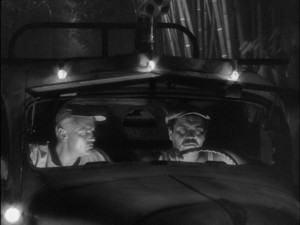 This is a critique of the Manifesto of the Initiative for Democratic Socialism (Slovenia)
This is a critique of the Manifesto of the Initiative for Democratic Socialism (Slovenia)
The ideological dominance of capitalism as the only feasible mode of production is coming to an end. In the second half of the 1970s, when rapid and stable economic growth came to a halt in the ‘developed’ world, the forces of capital intensified their attack on workers’ rights that has not ceased to this day. The foundation on which the ideological domination of capitalism was based had started to wither away, and the advocates of capitalism increasingly justified its existence by turning to the mere fact of its existence. The fact that unlike really existing socialisms, capitalism has not collapsed – although it had to be rescued by fascist gangs and military juntas many times – underpinned the claim that there simply is no alternative and that we must accept any sacrifice in the name of capital accumulation. If growing inequality, poverty of the majority of the world population, terror of dictators and devastation of nature are the price to be paid for capital to flourish, then so be it.
The passage above is well phrased in general, however it misses what has been a key ideological point of right wing argument since the 90s, that only capitalism is compatible with democracy, and that the spread of capitalism will lead to the spread of liberal democracy. Explicit support for military junta’s has been much less common since the 90s. So when confronting the post soviet ideology of the upper classes reference to military junta’s misses the main target.
Continue reading











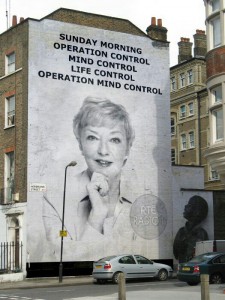


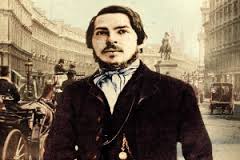
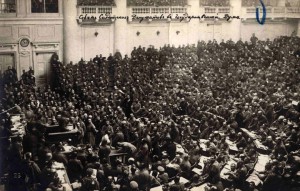

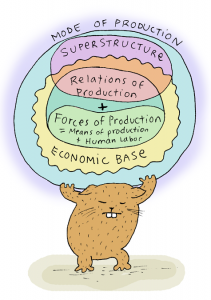
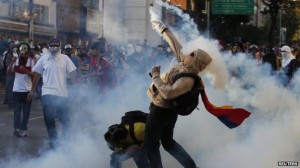

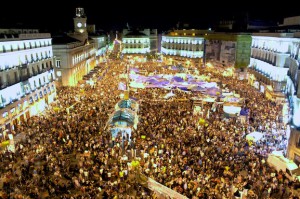

 In this article I wish to write down some of my thoughts on socialist organization, more specifically on spontaneity and control within the working class and how this relates to socialist organization(s). The thinking underlying this article starts with the realization I had some time ago that no matter how much socialists claim or have claimed to truly represent or even be the working class, there is a sort of universal tendency within left-wing history to be outmanoeuvred precisely by this same working class. This socialist lack of control over the workers is an interesting starting point for some notes on the positioning of socialist organizations in relation to the ebb and flow of spontaneously erupting politics.
In this article I wish to write down some of my thoughts on socialist organization, more specifically on spontaneity and control within the working class and how this relates to socialist organization(s). The thinking underlying this article starts with the realization I had some time ago that no matter how much socialists claim or have claimed to truly represent or even be the working class, there is a sort of universal tendency within left-wing history to be outmanoeuvred precisely by this same working class. This socialist lack of control over the workers is an interesting starting point for some notes on the positioning of socialist organizations in relation to the ebb and flow of spontaneously erupting politics.